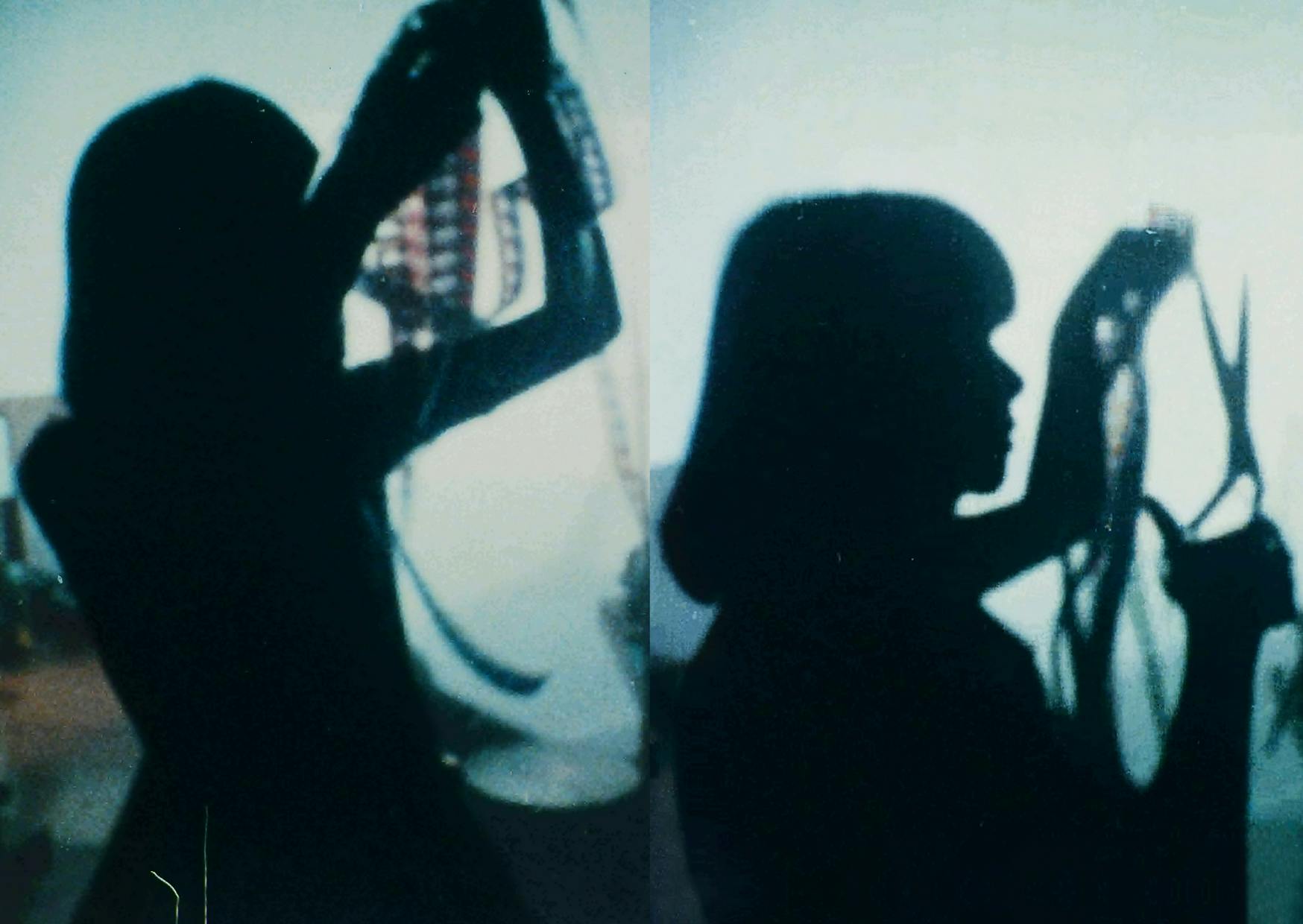Currently on view in Berlin’s Haus der Kulturen der Welt is No Master Territories, an exhibition about feminist worldmaking and the moving image. How have artists and filmmakers tapped into the moving image as an inspiration for feminist imaginary worlds? As a woman, feminist and filmmaker herself, the show spoke to Anouk De Clercq in a way that made her decide to write a love letter in return.

Dear show,
It is probably a bit strange to address you directly, rather than write about you as one usually does. But you spoke to me. As a woman, as a feminist, as an artist and filmmaker, you have moved and maybe even changed me.
In a time when women's rights and the rights of the LGBTQ+ community are under threat, you feel like a safe space, a soft world, an island in the storm. But you also feel like a place to find allies, to regroup, find strength and then go out and radically reinvent the world.
‘Feminism, at its best,’ writes Reni Eddo-Lodge, ‘is a movement that works to liberate all people who have been economically, socially and culturally marginalised by an ideological system that has been designed for them to fail.’ Still one of the best definitions of what it means to be a feminist today, at least for me. Now imagine a world made by feminists. This is it. You are it.
When I first saw you, I was standing at the top of the stairs, giving me a bird’s-eye view on a multitude of screens, in different formats, and placed in a way that made them seem easy to navigate. Monumental and powerful, absolutely, but also intimate and inviting. We know that seeing all the films that you hold is going to take time. But you made it so that we want to surrender. I felt seduced, held and guided.
How to begin to talk about the films? How to choose from such a rich line-up of amazing women artists? What a pleasure to discover films that have been cherished by smaller communities for years, to see them now all together, on this scale. You have given them a platform and for that we can only be grateful. Here, history is being remembered and rewritten.
One of your curators referred in her opening speech to Whose History?, a text by artist and filmmaker Lis Rhodes, in which the author compares a traditional understanding of history to a line being drawn between past and present, ‘an inflexible chain, each part in place.’ But Rhodes calls for a different reading of history, one in which the line is cut and chronology falls apart. She writes, ‘I prefer a crumpled heap, history at my feet, not stretched above my head.’
Most of the works date from between 1970 and 1990, but instead of being presented chronologically, they are shown in a way that makes us want to draw (unexpected) connections between them. We watch and learn and connect. We surrender, we play and leave deeply inspired.
You are everything I want a show to be and more. I felt like cheering during my visit, like I was at a concert, the one I saw by Peaches recently for instance. I felt the same kind of joy, exhilaration and empowerment. Female joy. Queer joy. The joy of feeling represented, celebrated; of feeling a sense of belonging.
Yours,
Anouk De Clercq